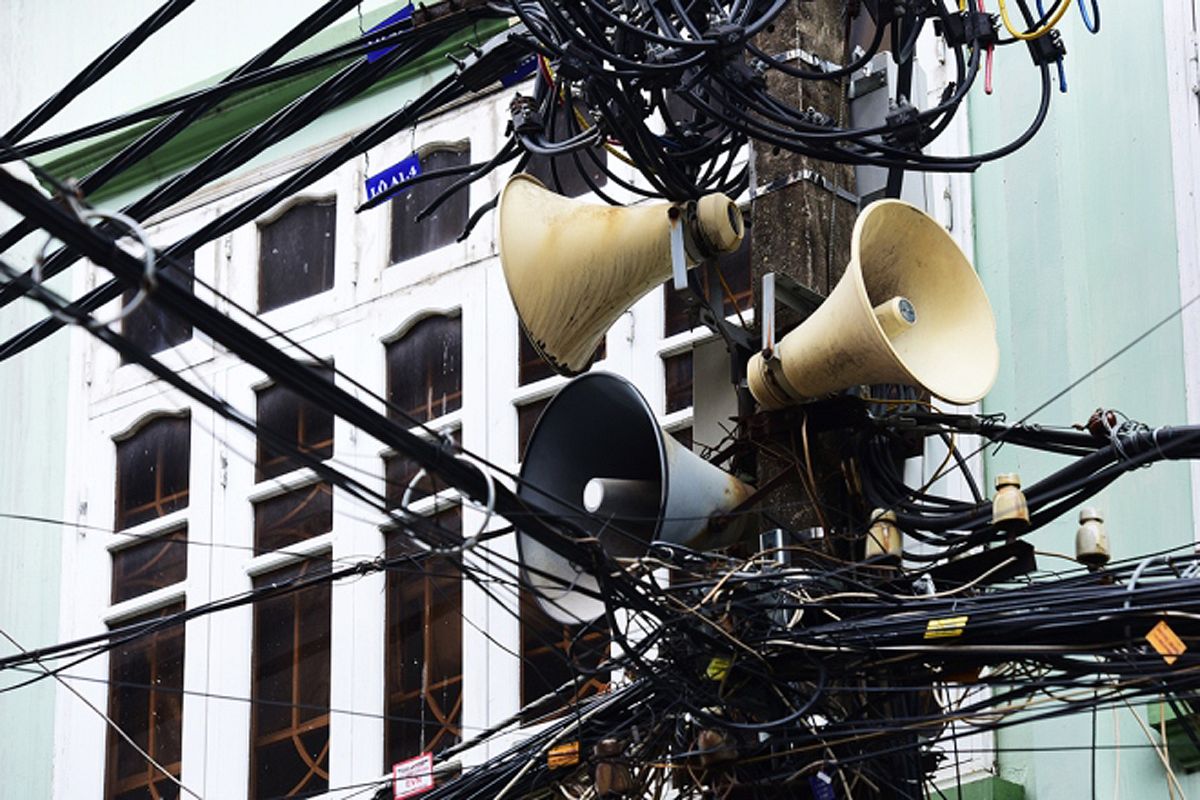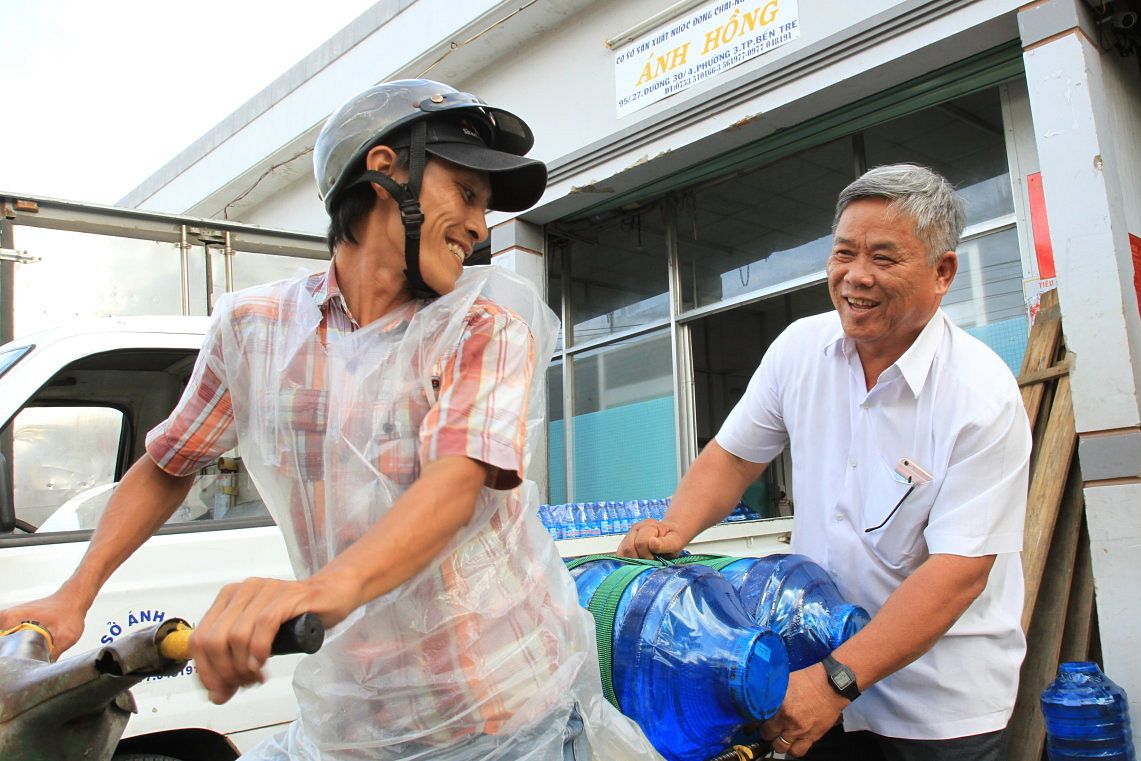Due to rapid economic growth and prolonged political stability, urban Vietnamese have become richer in a short amount of time. This boost in purchasing power among the local middle class has created ample opportunity for foreign brands to join the market and make big bucks.
According to Boston Consulting Group, reports Nikkei Asian Review, Vietnam currently has the fastest-growing middle class population in Southeast Asia. The firm defines this class as those who earn at least US$714 a month. Between 2014 and 2020, this income group will likely double in size to 33 million people, accounting for a third of the country's population.
Findings from market research group Nielsen corroborate this growth, going so far as to predict that by 2020, the number of middle-class Vietnamese will reach 44 million, and then 95 million in 2030. As a result of this growth, consumers in Saigon and Hanoi have witnessed the entrance of a plethora of foreign brands in just the last few years.
Most recently, Indonesian retailer Mitra Adiperkasa joined the market with the local launch of Spanish fashion brand Zara, opening a location in the heart of District 1 as a franchise outlet. The reason behind local yuppies’ fondness for name brands is the concept of “face”. According to Oscar Mussons, international business advisory associate at the Dezan Shira & Associates consultancy, Vietnamese like to be seen spending money.
"The society works a lot on 'How do I look on the outside,'" Mussons told Nikkei. "If you go inside a Vietnamese house, they might not have a big bed, or a big table in their living room, but they would have a mobile phone or a motorbike because that's what you can show on the outside."
Locals with money flock to Samsung, Apple or Sony retailers to snap up that latest gadgets while shunning Chinese brands like Huawei and Oppo, as they are deemed low-quality. The country’s frustration with China’s actions in the East Sea also drives customers away from Chinese products.
“Vietnam consumers, dominated by the young generation, are savvier with technology, driving high demand for sophisticated technology," Nguyen Cuong Thinh Nguyen, a consumer business development manager at tech giant Dell, shared with Nikkei.
Restaurants and food chains face a similar situation: Japanese and American eateries are preferred by local diners. If the locations are clean, spacious and well-lit, the brand is considered a high-end joint, even if it's a fast food outlet like McDonald’s. In fact, the fast food chain’s first drive-through outlet in Saigon has reached iconic status among the city’s youth.
Other brands are relying heavily on marketing to vie for local attention. South Korea’s E-Mart, for example, has set aside US$200 million for new outlets and the "social development of local communities". The retailer, which has a hypermarket in Saigon, opened a toy library during its launch and donated 10,000 motorcycle helmets to local children.
While there is an abundance of lifestyle brands and food products in Vietnam’s large cities, unexplored realms for new services still exist, such as the insurance market. Paul Nguyen, chief executive of Canada-based Manulife, elucidated: "The opportunities for life insurers are limitless in Vietnam." He also added that the country is among the most “under-insured” in Southeast Asia.
"The country is under-insured, but a growing life insurance market is attracting foreign players to join the market,” he told Nikkei.
Nguyen's firm enjoyed a 69% year-on-year boost in premium subscriptions in 2015, earning US$75.3 million.
The country’s middle class is not only concentrated in big cities, as numbers are also growing in rural communities, according to Aparna Bharadwaj, a Boston Consulting Group principal researcher for Southeast Asia.
Compared to its neighbors, Vietnam's urban-rural parity "comes from conscious government investment in rural development and agricultural development", Bharadwaj told the news source. "That allows the middle class to not be confined just to [metropolitan areas] and large cities but to disperse very rapidly to smaller towns and rural areas."
In the eyes of the nouveau riche, conspicuous spending and life experiences are more important than utility. As a result, Bharadwaj also suggested that foreign firms should bank on cosmetics, telecommunications gear, high-end dairy goods, hygiene items and "experiences" such as travel.















